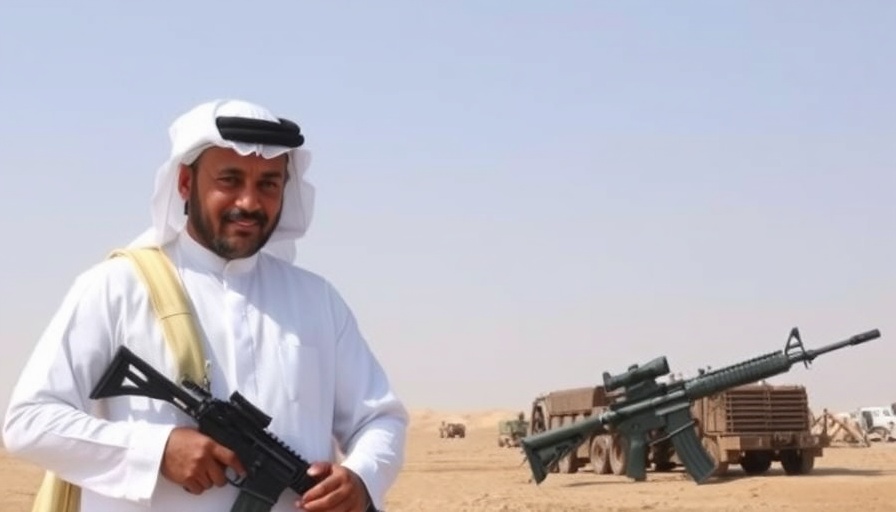
UAE Thwarts Illegal Arms Shipment: A Deeper Dive into Sudan’s Turmoil
The United Arab Emirates (UAE) recently announced a significant success, claiming to have foiled an attempt to illegally transport approximately five million rounds of ammunition to the Sudanese army. This operation was reported by the WAM news agency and marks a crucial moment in the complex geopolitics of the African continent as it faces ongoing conflicts, particularly in Sudan.
Understanding the Implications of Arms Transfers in Sudan
This recent interception comes amidst a backdrop of ongoing civil war in Sudan, which has seen the rapid ascent of the paramilitary Rapid Support Forces (RSF) in conflict with the Sudanese government. In a shocking twist, the UAE has been accused by Sudanese forces of supplying arms to the RSF. The UAE, for its part, has categorically denied these allegations, insisting its operations are aligned with maintaining regional stability.
The Role of Global Trade and Geopolitics in Africa
The interception of the ammunition smuggling highlights the significant role regional and international powers play in Africa’s conflicts. The materials aboard the private plane, identified as Goryunov-type ammunition, signify not only the violence prevalent in Sudan but also the underlying economic interests tied to military engagement. Business leaders and policymakers must consider how such arms dealings affect the broader African economy and its reputation on the global stage.
Salah Gosh and the Power Struggles
The involvement of notable figures, including Sudan's former intelligence chief Salah Gosh, complicates matters further. His presence in the thwarted operation points towards intricate networks of influence and potential backdoor dealings that challenge the prospects for peace in Sudan. As scholars and analysts observe these events, they must weigh the implications for governance and stability not only in Sudan but across the entire continent.
Future Predictions: What’s Next for Sudan and the UAE?
With accusations flying between parties and increased scrutiny from international bodies, the future of Sudan’s governance is uncertain. Ongoing investigations may hinder diplomatic relations not only with the UAE but with other global players invested in Africa’s resources and stability. The international community, including the United Nations, has a role to play in mediating these crises to ensure a more stable and peaceful region.
Your Takeaway: Engaging with Africa's Future
As the situation evolves, the implications of this arms interception extend beyond immediate security concerns. For investors and policymakers, understanding the dynamics of arms trade and its entanglements with economic policies is vital. It is critical to engage with Africa's changing geopolitical landscape to harness potential opportunities while ensuring ethical governance and accountability.
As discussions about arms trafficking and international relations heat up, staying informed is crucial. Understanding the multifaceted relationships and power struggles at play will better equip business leaders, policy-makers, and scholars to navigate the complexities of African geopolitics.
 Add Row
Add Row  Add
Add 


 Add Row
Add Row  Add
Add 

Write A Comment